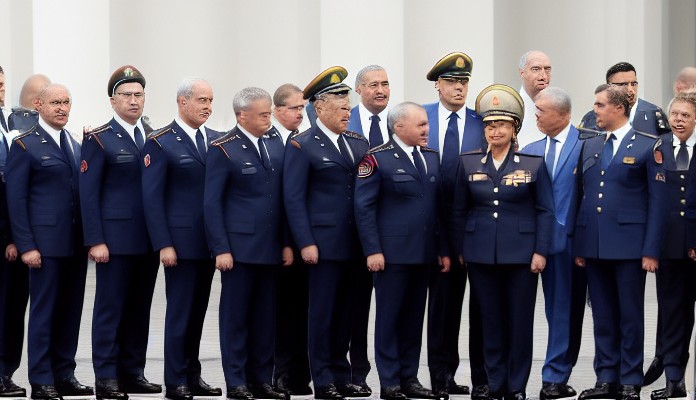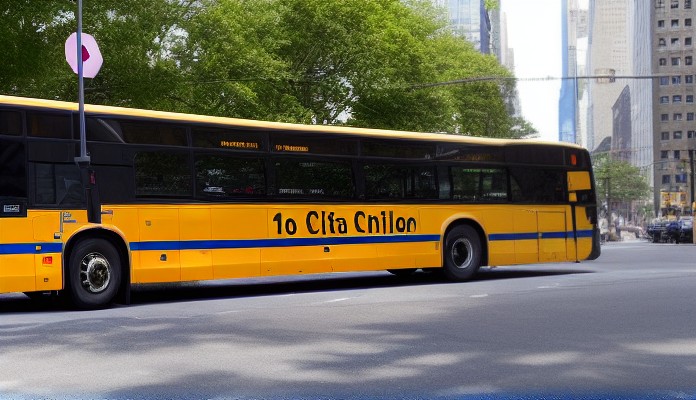Russia's Guardian Corps Expanded Amid Growing Concerns About Foreign Intervention
Politics
 The Kremlin's Strengthening Guardian Corps Raises Concerns About Its Impact On International Relations And Human Rights Standards.
The Kremlin's Strengthening Guardian Corps Raises Concerns About Its Impact On International Relations And Human Rights Standards.
Russia's Strengthening Guardian Corps Takes Root Amid International Concerns
The Kremlin has recently strengthened its elite guard unit, the Presidential Executive Directorate for National Security (Prime Minister's Office), amid growing international concerns about its involvement in foreign affairs. While the Kremlin claims that the move is aimed at strengthening national security and defending the country from external threats, critics argue that it is an attempt to expand the president's power and undermine democratic norms.
Under the leadership of President Vladimir Putin, Russia has been steadily consolidating its military and intelligence assets around the world, particularly in Eastern Europe and the North Atlantic region. With the recent expansion of the Guardian Corps, Russia has now established a more powerful and entrenched presence in these regions, bolstering its ability to project force and influence abroad.
One of the main reasons for concern is the apparent oversight of the Guardian Corps by the Presidential Council, an elected legislative body that oversees the government's operations. Some have argued that the council lacks the necessary powers to properly supervise and control the activities of the Guardian Corps, which has become increasingly independent and aggressive under the leadership of Prime Minister Dmitry Medvedev.
Another issue of concern is the potential for the Guardian Corps to engage in activities that violate international law and human rights standards. The unit has been accused of operating beyond the scope of its constitutional mandate, using excessive force against protesters and civilians, and targeting opposition leaders, dissidents, and journalists. The United States, European Union, and other countries have expressed their concerns about these actions, and some have called for greater transparency and accountability within the Guardian Corps.
Despite these concerns, proponents of the Guardian Corps argue that it is essential to the Kremlin's strategy of projecting power and maintaining national security in the face of external threats. They point out that the unit has played a crucial role in maintaining order in the aftermath of the 2011-2013 Ukraine conflict, when Russia intervened on the side of separatist rebels in eastern Ukraine. The unit has also been involved in suppressing political unrest in Russia itself, including anti-government protests in 2017 and 2018.
In conclusion, while some may view the expansion of the Guardian Corps as a positive development aimed at strengthening national security, others see it as an attempt by the Russian government to consolidate power and undermine democratic norms. The potential oversight of the unit by the Presidential Council, allegations of abuse of force, and violation of international law and human rights standards are significant concerns that must be addressed in any attempt to reform the Guardians Corps. It is our opinion that any measures to reorganize or strengthen the guardian corps must take into account these concerns, and work towards ensuring that it remains responsible and accountable to democratic norms.






